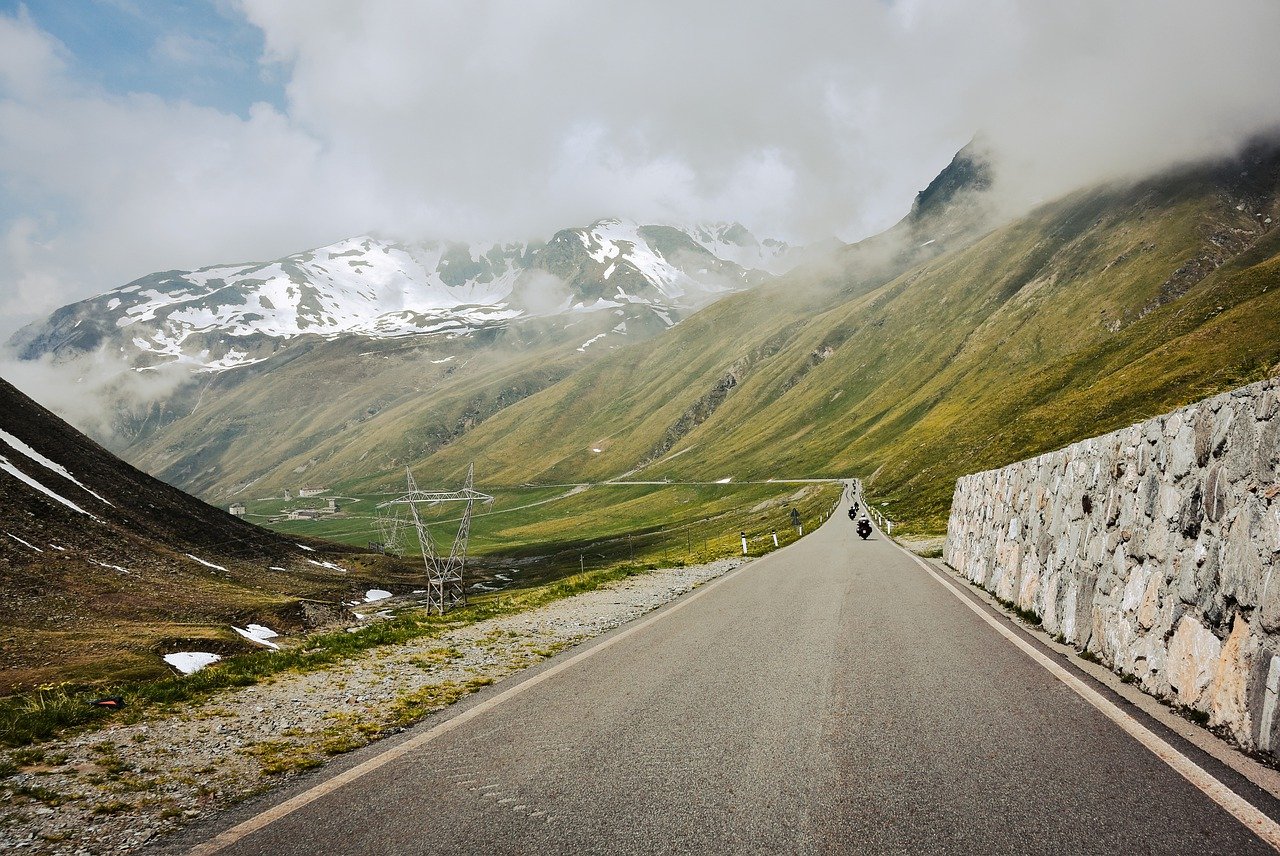Road trips are a great way for travellers to really immerse themselves in new locations. Not much can beat the feeling of being on the open road with the windows wound down, driving toward a stunning vista on the horizon.
Sadly, this comes at a cost. Long road trips especially are harmful to the environment, as large sums of petrol are burned en route and released into the atmosphere as CO2. In Europe, cars account for about 60% of emissions from transportation.
In order to protect the landscapes you pass through on the road, it is important to limit the impact of your footprint. Here are four tips to make your road trip eco-friendly.

Pick the right car
Transportation accounts for the majority of pollution on a road trip, so it’s essential that you pick the right car if you want to keep emissions to a minimum. Fear of breaking down isn’t the only reason why you should steer clear of rusty cars with tens of thousands of kilometres already on the clock. Vehicles that are modern and well-maintained are more reliable than most older models and they emit less carbon dioxide.
If you’re heading on a solo or partner adventure and taking a motorcycle, The Motorcycle Safety Lawyers advise to “Ensure your bike fits the bill before you embark on your journey”. They add that saddlebags, backrests and footboards will provide comfort if you have a lot of miles to cover, and it’s imperative to get your bike – including tyres, wheels, controls, lights, electrics and fluids etc – checked before you set off.
However, those looking to take things off-road may prefer a bike designed for adventure touring, such as a dual-sport tourer. This bike can travel over nearly every terrain and is essential for riders wanting to escape predictable routes for more adventurous journeys.
When you’re behind the wheel, think efficiency. Cruise at a smooth, steady speed, going easy on the brakes to conserve fuel. Rather than blasting the AC, open the windows and feel the breeze. Surprisingly, the amount of CO2 emissions per person produced by driving can often be similar and sometimes even more than that generated by flying, especially when a car only carries one or two people.
For this reason, consider renting a hybrid or electric car. These vehicles produce significantly fewer tailpipe emissions compared to internal combustion engine cars, making them the best option for cutting down on your footprint.
Travel light
There are a number of reasons why it is wise to travel light on the road. Packing a heavier load can put more strain on your car. The engine then has to push harder and you consequently burn more fuel. Travelling lightly also means that you are less likely to leave waste behind. Rather than packing disposable commodities, bring reusable items.
Pack a set of reusable utensils — bamboo is a great option — to avoid wasting plastic cutlery from food vendors. Reduce packaging on your toiletries with solid shampoos and toothpaste. Bring a reusable bag for any shopping.
A reusable water bottle is also a must; buying plastic bottles on your trip is a cardinal sin! Take opportunities to refill at water fountains. If the water is unsafe in the area you are travelling to, bring a filter or purification tablets. Some reusable bottles on the market come with their own filtration system.
By packing only what is necessary for your journey and reusing where possible, you can reduce pollution from your car and waste from the travelling party.
Respect the environment
If you’re going on a road trip, there’s a strong chance that you’ll be stopping by some areas of scenic beauty. Whilst it is great to immerse yourself in nature, it is important to leave the environment untouched as much as possible.
For this reason, avoid the temptation of offroading. Stick to roads and, when on foot, only follow designated trails and public footpaths. This ensures that all biodiversity is left unscathed.
Never leave any litter behind. If you’re in good spirits, challenge yourself to leave the environment cleaner than before by picking up any rubbish left by others.
Read More: Tips for Sustainable Camping

Go local
Another incentive for a road trip is to discover new places with their own unique quirks and stories. Going local is the essence of a road trip!
What we mean by this is only buying locally sourced goods on your travels. If you’re going out to eat, visit a restaurant that uses ingredients from nearby producers. If you’re going out for a drink, sample the locally-brewed option rather than the name brand.
Going local means that the emissions associated with the transportation of goods decrease significantly. What’s more, it means that you get a true flavour of the places you are visiting whilst supporting the local economy.
